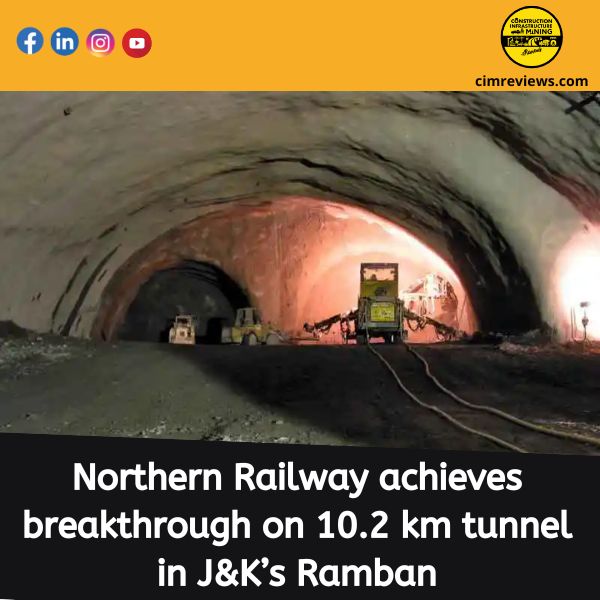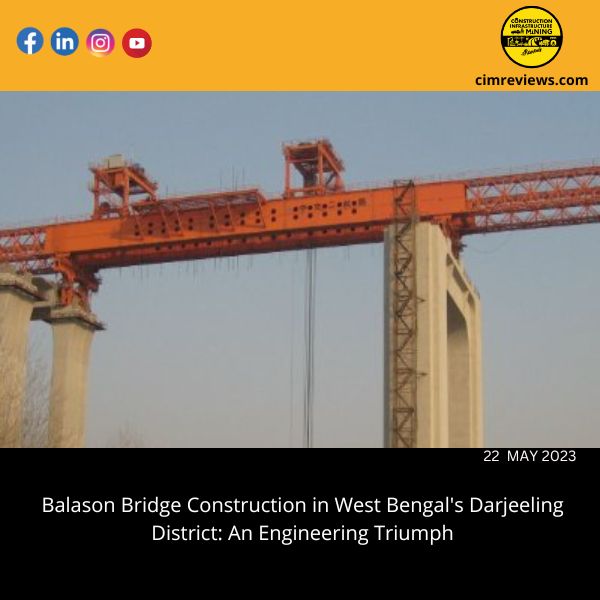Table of Contents
Introduction
The illegal construction in Indore has reached a critical juncture as the city administration takes decisive action against unauthorized developments. In a landmark enforcement operation, authorities have filed First Information Reports (FIRs) against 16 developers responsible for creating unauthorized colonies encompassing approximately 300 illegal plots. This aggressive legal stance marks a significant escalation in the fight against illegal construction practices that have plagued urban development in Indore.
This comprehensive crackdown on illegal construction in Indore represents one of the most extensive enforcement actions undertaken by the municipal administration. The unauthorized colonies developed without proper legal approvals have not only violated construction norms but also compromised urban planning standards, creating serious implications for infrastructure development and citizen safety.
Legal Framework Behind the Illegal Construction Crackdown in Indore
The legal action against illegal construction in Indore operates under multiple regulatory frameworks designed to prevent unauthorized development. The administration’s decision to file FIRs demonstrates the severity of violations committed by these developers who circumvented established approval processes.
Under the Madhya Pradesh Land Development Act and various municipal regulations, all construction projects must obtain proper clearances before development begins. The illegal construction cases in Indore reveal systematic violations where developers proceeded without environmental clearances, building permissions, or infrastructure assessments.
The FIRs filed against the 16 developers encompass charges related to land use violations, construction without permits, and potential fraud in land transactions. This legal framework ensures that illegal construction activities in Indore face serious consequences, setting a precedent for future enforcement actions.
Impact of Unauthorized Colonies on Indore’s Urban Infrastructure
The illegal construction epidemic in Indore has created substantial challenges for the city’s infrastructure development. These unauthorized colonies, comprising approximately 300 plots, lack essential services including proper drainage systems, water supply networks, and electrical connections established through official channels.
Urban planning experts highlight that illegal construction in Indore disrupts systematic city development, creating pockets of unregulated growth that strain existing infrastructure. The unauthorized colonies developed by these 16 developers lack proper road connectivity, waste management systems, and emergency service access.
The infrastructure deficit created by illegal construction in Indore extends beyond immediate service delivery issues. These developments affect the city’s master plan implementation, creating obstacles for future infrastructure projects and compromising long-term urban sustainability goals.
Financial Implications and Economic Impact of Illegal Construction
The economic ramifications of illegal construction in Indore extend far beyond the immediate legal proceedings. The 300 plots involved in these unauthorized colonies represent significant financial investments from buyers who now face uncertain property rights and potential legal complications.
Market analysis indicates that illegal construction activities in Indore have created artificial price distortions in the real estate sector. Properties in unauthorized colonies often sell at reduced prices, affecting overall market valuations and creating unfair competition with legal developments.
The administration’s action against illegal construction in Indore also involves substantial enforcement costs, including investigation expenses, legal proceedings, and potential demolition activities. These costs ultimately impact municipal budgets and resource allocation for legitimate infrastructure development projects.
Regulatory Enforcement Mechanisms Against Illegal Construction
The systematic approach adopted by Indore administration in addressing illegal construction involves multi-layered enforcement mechanisms. The FIRs against 16 developers represent the criminal law aspect, while civil remedies include property seizure and demolition orders.
Enforcement agencies have implemented enhanced monitoring systems to detect illegal construction in Indore at early stages. These include satellite imagery analysis, regular field inspections, and citizen complaint mechanisms that enable rapid response to unauthorized development activities.
The legal proceedings against illegal construction in Indore also involve coordination between multiple departments including revenue, police, urban development, and environmental authorities. This integrated approach ensures comprehensive action against violations while preventing future unauthorized developments.
Technology and Monitoring Systems in Combating Illegal Construction
Modern enforcement strategies against illegal construction in Indore incorporate advanced technological solutions for detection and monitoring. Geographic Information Systems (GIS) and satellite imagery enable authorities to identify unauthorized developments quickly and accurately.
Digital mapping technologies help track illegal construction activities in Indore by comparing current satellite images with approved development plans. This technological approach enables proactive enforcement rather than reactive measures, significantly improving the effectiveness of regulatory oversight.
The implementation of online approval systems and digital documentation requirements reduces opportunities for illegal construction in Indore by creating transparent, traceable processes for all development activities. These technological solutions support the broader enforcement strategy demonstrated in the recent FIRs.
Industry Response and Professional Standards
The construction industry’s response to the illegal construction crackdown in Indore has been mixed, with legitimate developers supporting enforcement actions while unauthorized operators face increased scrutiny. Professional associations have emphasized the importance of maintaining regulatory compliance to protect industry reputation.
Industry professionals highlight that illegal construction in Indore undermines legitimate business practices and creates unfair market conditions. The enforcement action against 16 developers sends a strong message about the consequences of circumventing established approval processes.
Professional standards organizations have used the illegal construction cases in Indore to reinforce training programs and ethical guidelines for construction professionals. These initiatives aim to prevent future violations through improved industry awareness and compliance protocols.
Future Prevention Strategies and Policy Recommendations
Preventing future illegal construction in Indore requires comprehensive policy reforms addressing both regulatory gaps and enforcement mechanisms. The administration’s recent actions provide a foundation for developing more effective prevention strategies.
Policy experts recommend implementing streamlined approval processes that reduce incentives for illegal construction while maintaining necessary regulatory oversight. Clear timelines and transparent procedures can minimize the bureaucratic delays that often drive developers toward unauthorized practices.
Long-term prevention of illegal construction in Indore also requires enhanced penalties and enforcement resources. The current legal action demonstrates political will, but sustained enforcement requires adequate staffing, funding, and technological support for regulatory agencies.
Conclusion
The filing of FIRs against 16 developers for illegal construction in Indore represents a watershed moment in urban development enforcement. This decisive action targeting approximately 300 unauthorized plots demonstrates the administration’s commitment to maintaining construction standards and protecting urban planning integrity.
The comprehensive approach to addressing illegal construction in Indore through criminal proceedings, civil remedies, and enhanced monitoring systems provides a model for other cities facing similar challenges. The success of this enforcement initiative will depend on sustained implementation and continued vigilance against unauthorized development activities.
Moving forward, the illegal construction crackdown in Indore must be supported by improved regulatory processes, adequate enforcement resources, and industry cooperation. Only through coordinated efforts can the city achieve its urban development goals while maintaining the rule of law in construction activities.
The lessons learned from this enforcement action against illegal construction in Indore will inform future policy development and regulatory strategies. As urban development pressures continue to intensify, maintaining effective enforcement mechanisms becomes increasingly critical for sustainable city growth and infrastructure development.
Group Media Publication
Construction, Infrastructure, and Mining
General News Platforms – IHTLive.com
Entertainment News Platforms – https://anyflix.in/
Powered By: Super-fast and reliable streaming is delivered by Bunny CDN.
Explore: https://bunny.net/?ref=i33ljelh4w










%20/23%20cimr%204.jpg)
